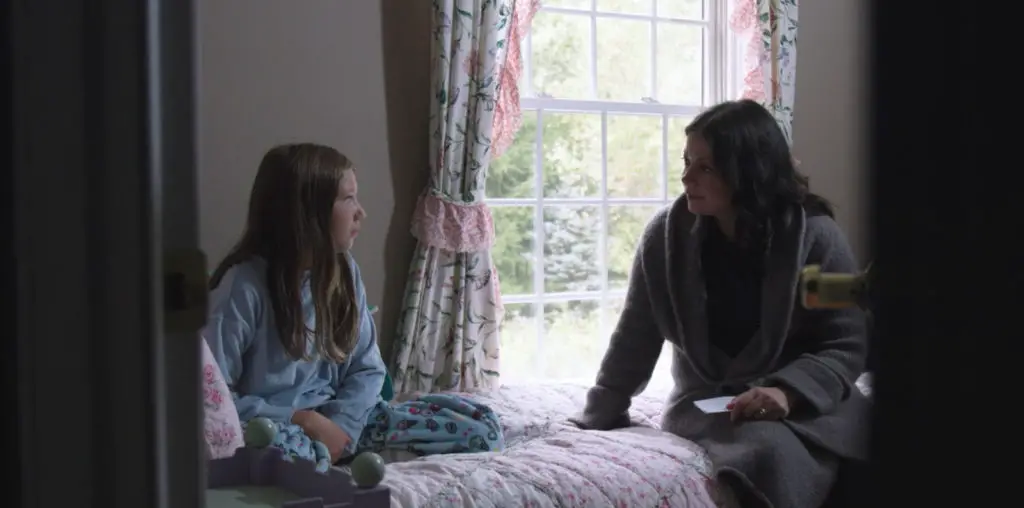
Throughout the body of his work, pre and post “Sick”, Kirby Dick has established a clear theme in focusing on subjects that aren’t necessarily the stuff of everyday conversation. For example, in his 1986 documentary “Private Practices: The Story of a Sex Surrogate”, he turned his camera to Maureen Sullivan, who was a professional sex partner, meaning that she was paid by psychotherapists to have sex with different men suffering from various sexual dysfunctions. And as for “Chain Camera”, not many of us are keen on looking back at our own high school experiences.
Now, Dick has given cameras to the families and friends of terminally ill men and women, in “The End”, which puts us at the forefront of their lives, watching what these people go through as Death comes nearer, day by day. Some try to fight it like Phil Francis, who’s losing out to liver cancer. The stories of these men and women are intertwined with that of the Kaiser Permanente Hospice in Los Angeles, who takes care of all of the patients featured in here, with the exception of Rosalie Evans, diagnosed with rectal cancer, who drops the care after being displeased over the fact that she can’t get the medicine she wants, specifically the brand-name kind. The hospice writes her off as a drug abuser in one meeting, feeling that much medicine that she has been given, has been used far too fast.
To many, death is an unfortunate occurrence, but at least these people leave the Earth this way. That’s not to say that it’s good that they have cancer, but when you consider the number of people who leave by way of traffic accidents, gunshot wounds, etc., they’ve certainly got the better side of things. But it’s not better for someone like Susie Gonzalez who’s got bone cancer, and is only 19 years old. Her age alone makes this part of the documentary wrenching enough, and her father, Victor, can’t handle the fact that this is happening. In so many words, he says that he should have been taken first, not her. His sadness echoes that of many parents, who would rather have their children bury them than the other way around.
“The End” is immensely absorbing, even with the struggles witnessed throughout. Watching family and friends cope with the biggest final decision in life will likely have an effect on audiences in that we too will one day be faced with that decision (maybe not in being diagnosed as terminally ill) and won’t be able to refuse it.
